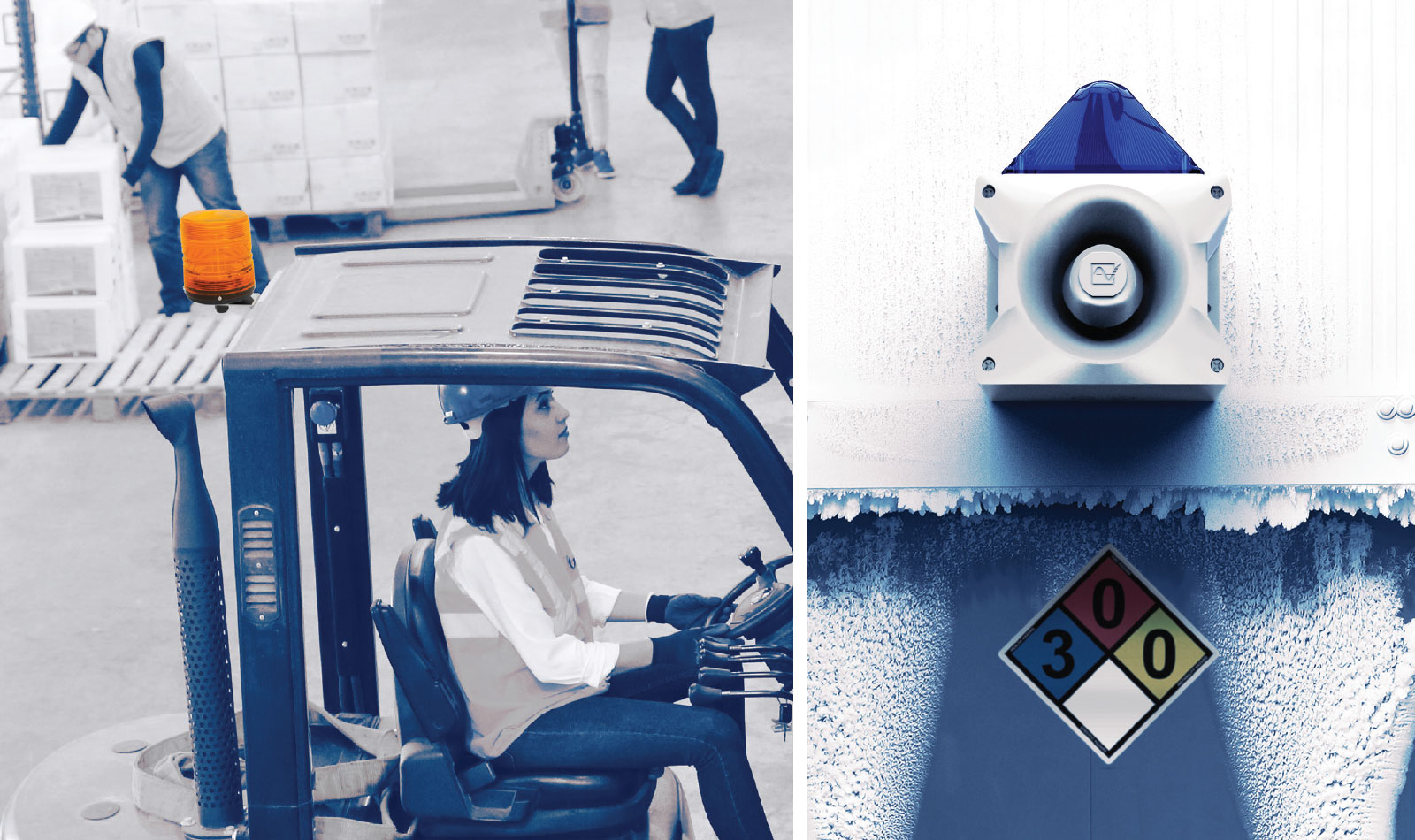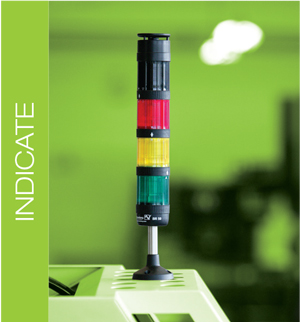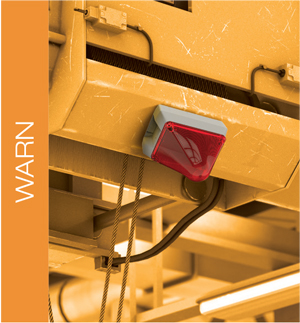National Safety Month:
Safety Starts with Understanding the Situation
By: Jake Vernon (Product Specialist – Audible & Visual Signaling)
June is National Safety Month, so it is an ideal time to review best practices for selecting signaling equipment to increase safety. Safety starts with understanding the situation. To reduce safety risks in many work environments, the proper signaling equipment is essential to communicating changes in real time clearly and effectively. The different signaling events, discussed below, are: Indication events, Warning events, and Alarm events. Pfannenberg is a leading provider of equipment for all types of signaling solutions.

INDICATION
 Signaling equipment that produce indication events are necessary to alert users in a facility of the status of a certain machine in some way. For instance, a signaling device may be programmed to signal whether there are or are not pellets in a plastic injection moulding machine. Pfannenberg solutions include Pfannenberg Series BR 50 tower lights / stacklights and Color changing PYRA LED lights
Signaling equipment that produce indication events are necessary to alert users in a facility of the status of a certain machine in some way. For instance, a signaling device may be programmed to signal whether there are or are not pellets in a plastic injection moulding machine. Pfannenberg solutions include Pfannenberg Series BR 50 tower lights / stacklights and Color changing PYRA LED lights
WARNING
 For situations when employees or other people at a facility may be in the vicinity of a machine that carries inherent risk, warning signaling events communicate when safety is compromised. For instance, an overhead crane may carry steel, or a moving fork lift truck may move bulk material on a site. Warning signaling events are activated to alert people to when it is dangerous to approach a specific area on site. These can be either audible or visual signals. Pfannenberg offers industry-leading solutions including Color changing PYRA LED lights and PATROL Series devices
For situations when employees or other people at a facility may be in the vicinity of a machine that carries inherent risk, warning signaling events communicate when safety is compromised. For instance, an overhead crane may carry steel, or a moving fork lift truck may move bulk material on a site. Warning signaling events are activated to alert people to when it is dangerous to approach a specific area on site. These can be either audible or visual signals. Pfannenberg offers industry-leading solutions including Color changing PYRA LED lights and PATROL Series devices
ALARM
 In work environments with the potential for life-threatening situations, alarms signal that immediate evacuation is necessary to prevent potentially fatal safety issues. When those at a facility are not alerted, the results can be catastrophic. For instance, recently at a cryogenic freezing system in a poultry processing, a release of liquid nitrogen killed six people, required 12 to be hospitalized, and led to the evacuation of 130 others. Better signaling technology could help reduce the risk of such disastrous consequences. Common industry applications for alarm signaling includes cold storage refrigeration (detecting trace amounts of refrigeration gas such as ammonia), and wastewater facilities (where chlorine is added to water in preparation to return it to the water cycle). Combined audible and visual alarms are essential for protecting against risk. Pfannenberg PATROL and PYRA combination devices that include light and sound.
In work environments with the potential for life-threatening situations, alarms signal that immediate evacuation is necessary to prevent potentially fatal safety issues. When those at a facility are not alerted, the results can be catastrophic. For instance, recently at a cryogenic freezing system in a poultry processing, a release of liquid nitrogen killed six people, required 12 to be hospitalized, and led to the evacuation of 130 others. Better signaling technology could help reduce the risk of such disastrous consequences. Common industry applications for alarm signaling includes cold storage refrigeration (detecting trace amounts of refrigeration gas such as ammonia), and wastewater facilities (where chlorine is added to water in preparation to return it to the water cycle). Combined audible and visual alarms are essential for protecting against risk. Pfannenberg PATROL and PYRA combination devices that include light and sound.




